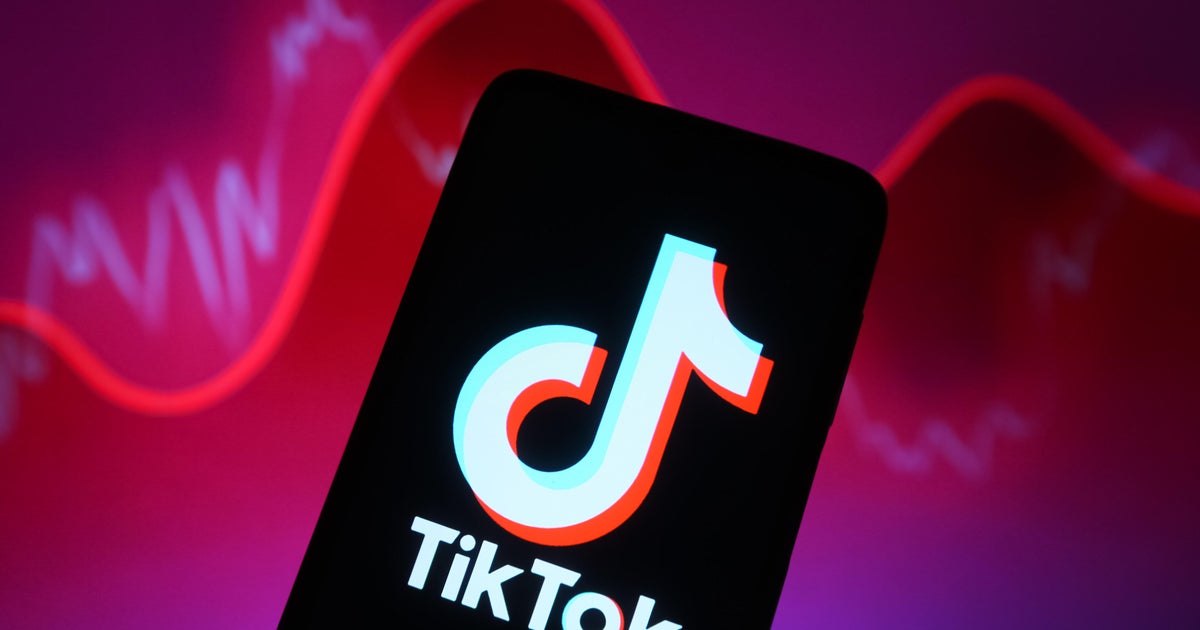Most Americans say they prefer a specific brand of vaccine – and what they've seen on social media influences their decision
Millions of Americans are receiving their COVID-19 vaccines, and in a world of over-sharing on social media, that means Instagram and Twitter feeds are also being flooded with shots. People are not only sharing when they receive their vaccine, but also which vaccine they receive, often using hashtags like #PfizerGang or #TeamModerna.
Nearly three-quarters of Americans say they prefer a specific vaccine brand by name, according to a recent survey of 1,000 people by M Booth Health, a health communications consultancy, and Savanta, a market research and advisory company.
The survey found the largest share — 36% — preferred Pfizer. Moderna came in second with 19%, closely followed by Johnson & Johnson at 17%.
Among those who said Pfizer was their first choice, 21% said social media posts by family and friends contributed to the reasoning behind their choice. The most common reason given for their preference was the vaccine's efficacy, named by 45%. Positive study data (35%), reportedly fewer side effects (32%) and reading a positive news story (29%) were also reasons people said they preferred the Pfizer vaccine.
Of those who preferred Moderna, 23% cited social media posts by family and friends. Vaccine efficacy (32%), fewer side effects (31%), positive study data (30%) were also commonly given reasons.
For those who said they preferred J&J, the top reason given (31%) was that the vaccine only requires one shot. Many people cited their pre-existing trust in the brand (26%) or said they'd had "good experiences" with the company's products in the past (19%).
"The pandemic has produced a seismic shift in how Americans perceive and engage with pharmaceutical brands," Mark Westall, vice president of Research & Insight at M Booth Health, said in a statement to CBS News. "This moment presents a rare opportunity for every pharmaceutical company to build on the rising tide of positive consumer sentiment and interest in what makes pharmaceuticals work."
Johnson & Johnson, Pfizer and Moderna — the three vaccines currently available in the United States — were the top three brands cited by survey respondents, with 93% aware of J&J, 90% aware of Pfizer and 80% aware of Moderna.
These are numbers more likely to be seen by soda brands than by pharmaceutical companies, Westall said. The way influencers and everyday Americans are posting about these brands on social media like TikTok and Instagram is an unprecedented and important driver of this, especially among Gen Z, he said.
According to the survey, 46% of Americans said they found Facebook to be the most useful social media site for learning about the COVID vaccines, because it's been the best way to see and hear people's experiences.
Many Americans are also open to continued use of social media for sharing information about pharmaceuticals, with one-third saying they want pharmaceutical brands to make it easy to ask questions about medications on social media. Thirty-nine percent said they prefer to follow a pharmaceutical company or brand on Facebook over other social media platforms.
One in three said they want companies to provide photos and videos on social media that makes it easy to learn about their medicines. This number rises to 44% for Generation Z, or people born from 1995 to the early 2000s.
One in three also said they now think of pharmaceutical brands in the way they think of consumer brands like Nike and Amazon.
Gen Z is perhaps the age group most influenced by pharmaceutical branding in the age of COVID-19 vaccines, with 49% saying they are now more likely to tell their doctors they prefer a certain pharmaceutical brand.
While vaccines have made the names of pharmaceutical companies more top-of-mind for many, it appears this is the case only for COVID-19 vaccines. Fewer than 3% of consumers could name a company that makes a seasonal flu vaccine.
While the public is talking more about pharmaceutical companies and getting information from sources like social media, 51% said their trust in these companies is still informed mostly by what doctors say. And 37% of consumers said they are interested in hearing from government health officials about the safety and efficacy of future vaccines and medications.




